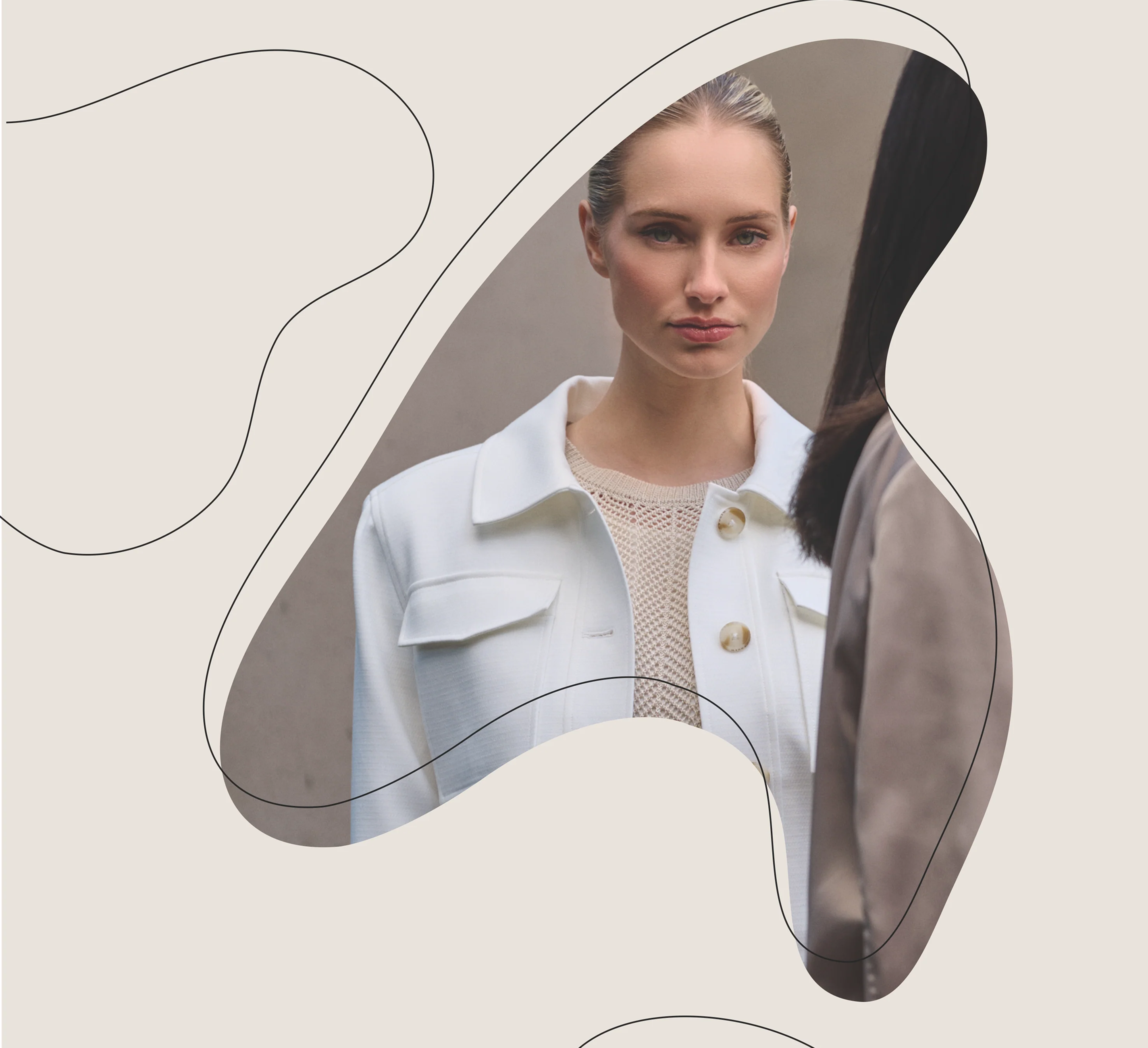
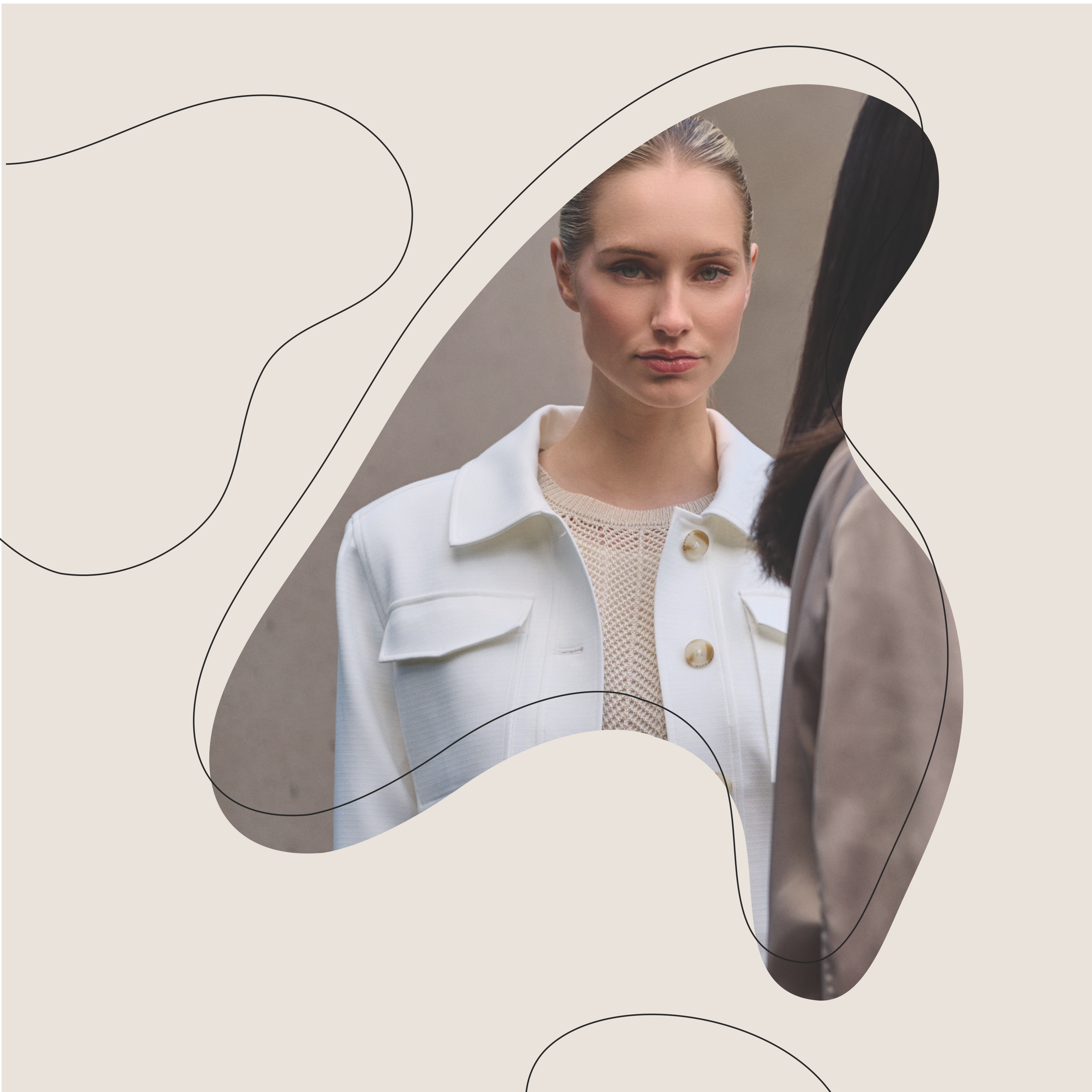
CSR
Corporate
Social Responsibility
The term sustainability cannot be ignored in the fashion industry these days. We are aware of the fashion industry's negative impact on people and the planet. As a brand, we feel the need to take responsibility. We do not identify as a sustainable brand; by definition, the fashion industry is not sustainable. However, we are committed to making better choices every day.
Our "Let's Act" programme takes you through the steps we have taken thus far, as well as future steps we will take to reduce our impact on the environment. We focus on three key areas: the product, the production chain, and the head office.
PRODUCT
The Product
Our product is central to our business, and whenever possible, we use more sustainable fibers, as outlined below. We also pay close attention to our packaging choices.
You can recognize our Let's Act products by the additional orange hangtag. Click on the link below to see all the products that follow our Let's Act program.
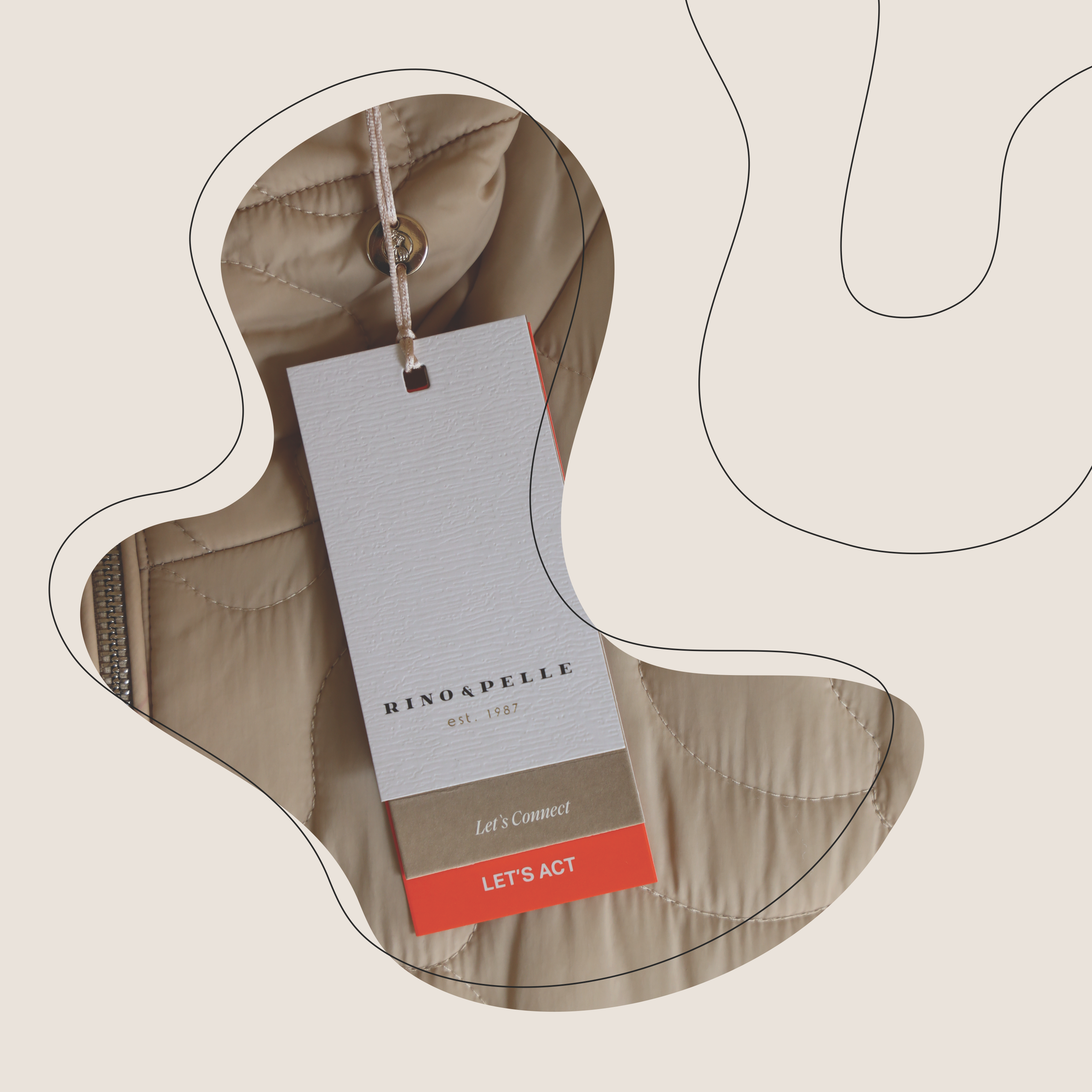

Material
Packaging Material
Restricted substance list
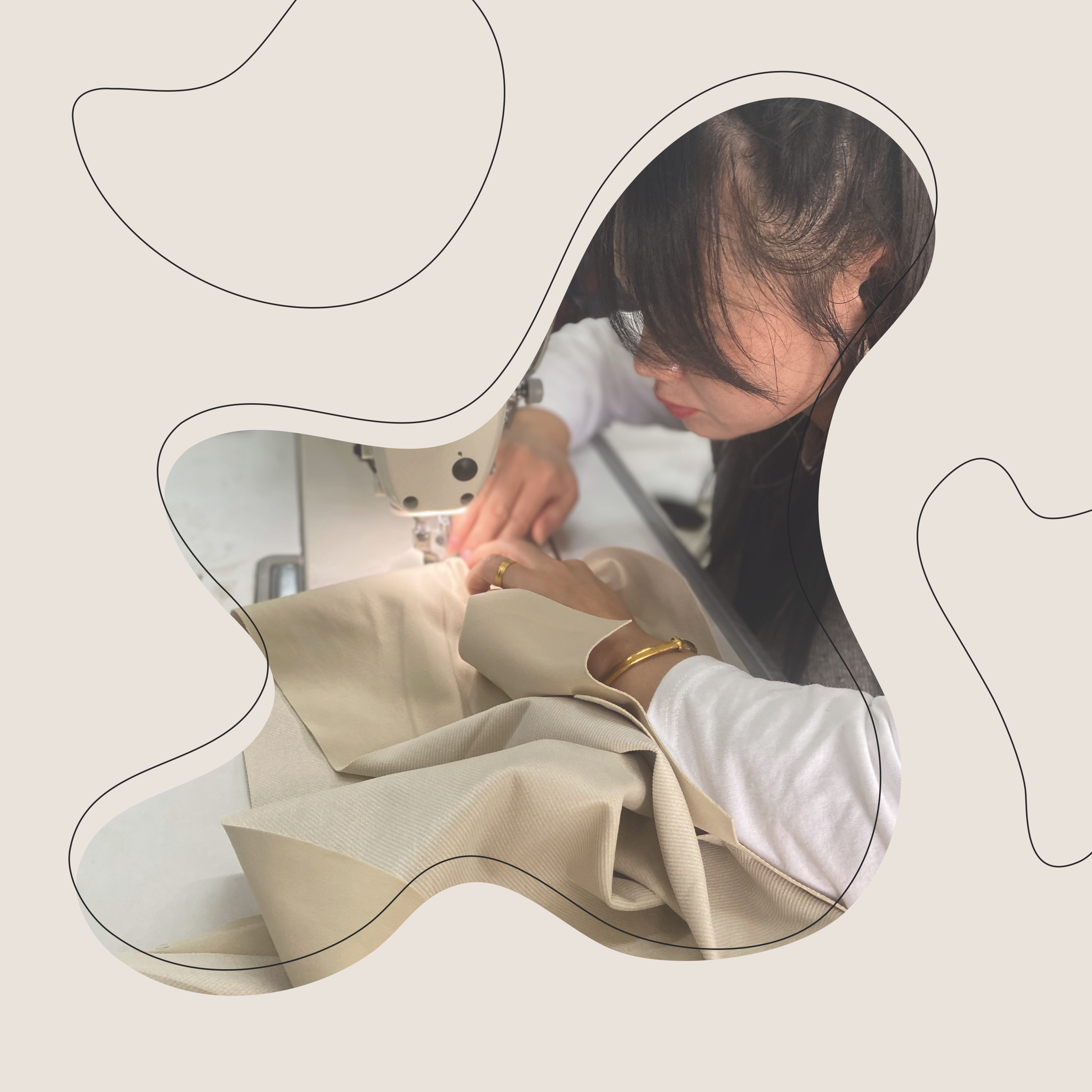

SUPPLIERS
Suppliers &
Production Chain
To better understand where we need improvement in our supply chain, it is crucial to increase its transparency. Our suppliers play a vital role in our success and we strive to build long-term partnerships. Learn more about the steps we have taken so far to enhance our supply chain.
Retraced
Code of Conduct
Working conditions
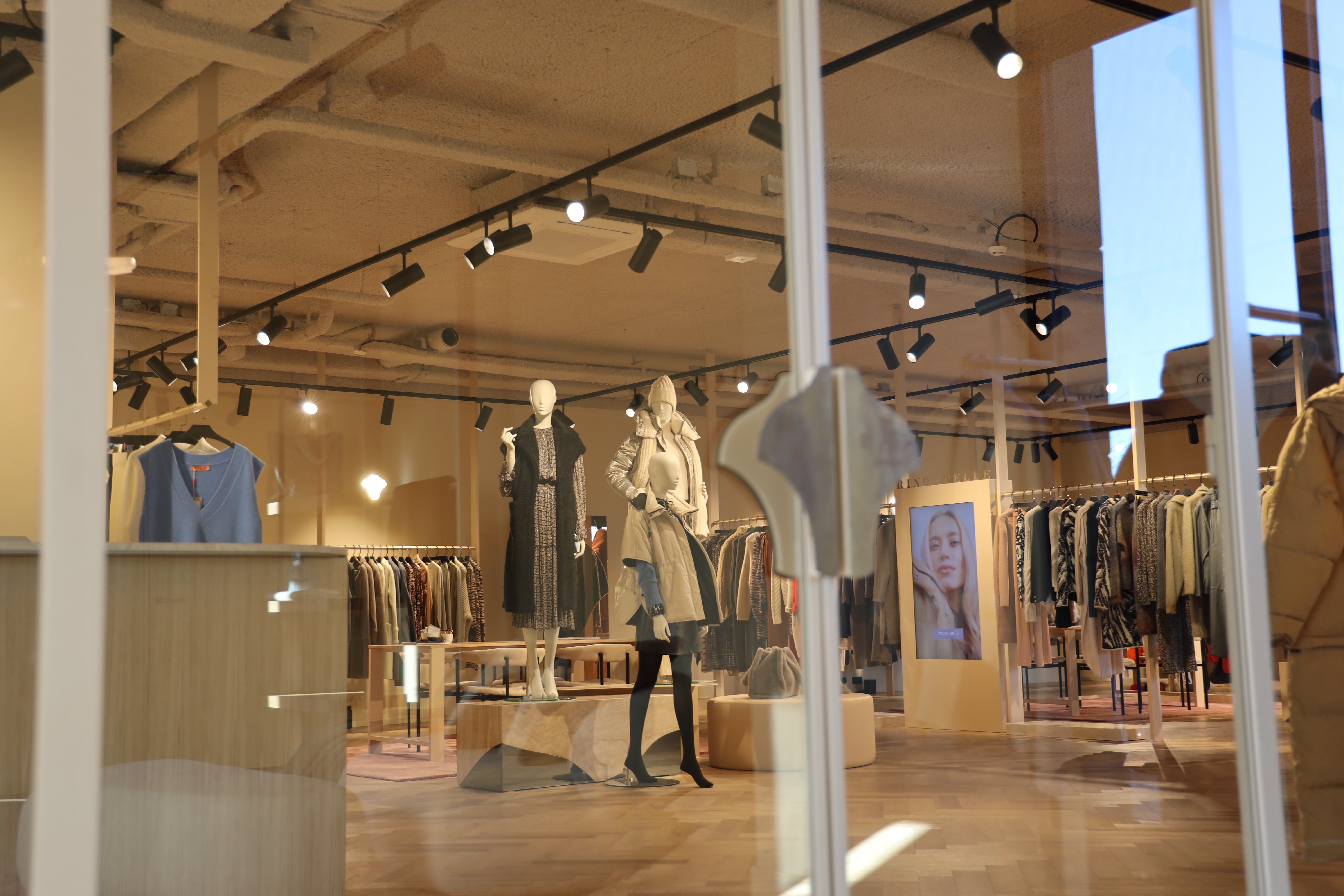

RINO & PELLE
HEADOFFICE
Read here to learn more about how we are consciously working on reducing our environmental impact at our head office.